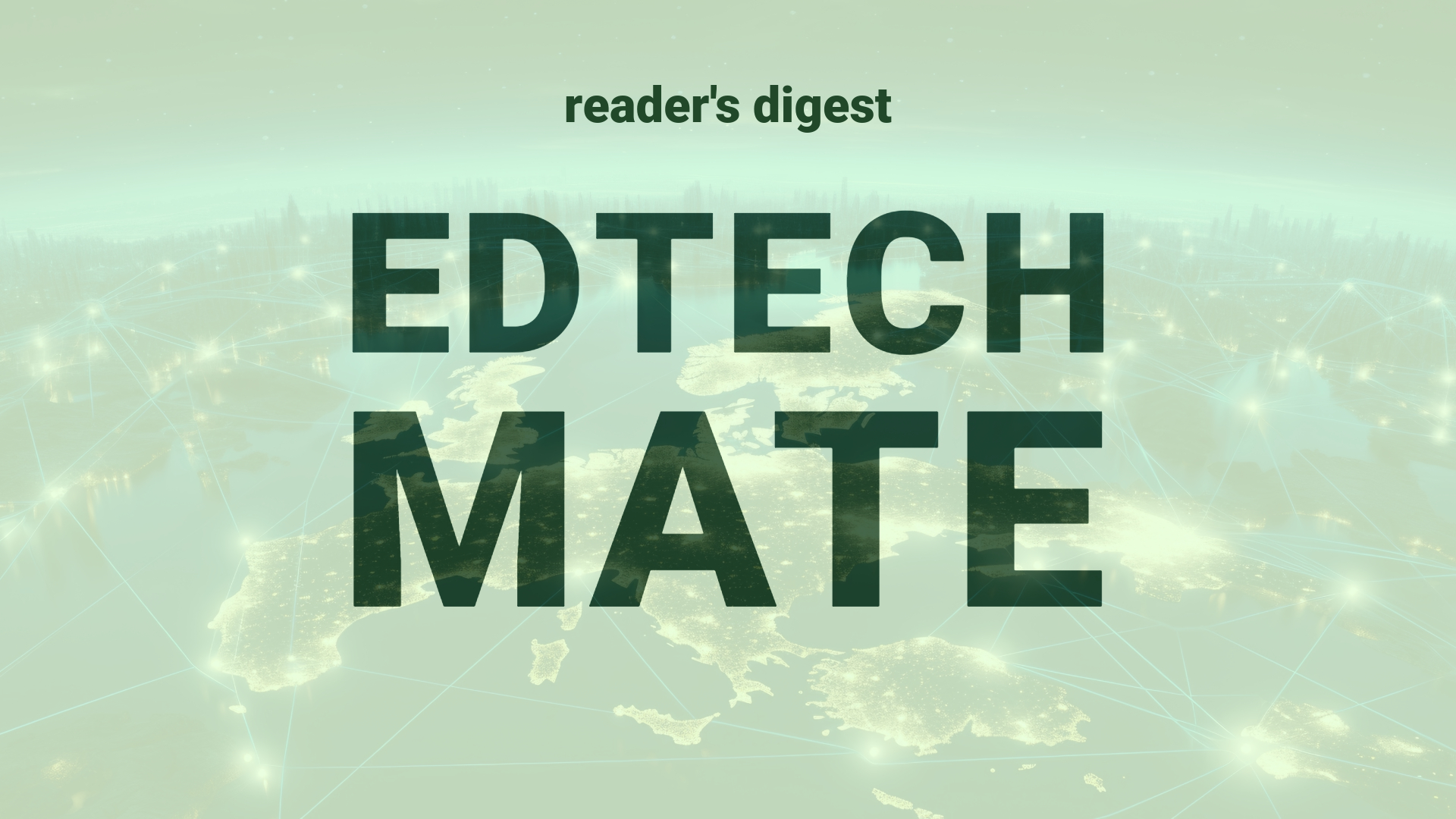Executive Summary and Main Points
As artificial intelligence (AI) continues to transform various sectors, CIOs are actively developing multifaceted talent strategies to procure and nurture AI expertise, navigating the intensely competitive AI talent market. Organizations are prioritizing the acquisition of AI skills, with 92% of employers planning to integrate AI solutions by 2028, and 93% expecting to employ generative AI within the next five years. Nevertheless, 75% report difficulty in finding the required talent, driving a shift towards internal training and upskilling. Companies such as Guardian Life and Skillsoft are steering this transformation by altering job descriptions, incorporating AI tools like large language models, and emphasizing cross-collaboration and cultural adoption of AI capabilities within their workforce.
Potential Impact in the Education Sector
The surge in AI talent demand affects Further Education, Higher Education, and Micro-credentials as they pivot to deliver AI-centric curricula that align with industry requirements. Institutions increasingly engage in strategic partnerships with tech firms or use digital platforms to enhance their offerings, which fosters a symbiotic relationship between academia and the AI sector. This collaboration ensures that graduates are industry-ready, particularly in AI specialization areas, and provides upskilling for existing professionals via Micro-credentials for AI proficiency. This trend supports the digitization of education and the integration of AI within educational tools and infrastructure.
Potential Applicability in the Education Sector
Innovative applications involving AI and digital tools could revolutionize educational systems globally. AI can personalize learning experiences, automate administrative tasks, and enable data-driven insights into student performance. Leveraging AI for educational content creation, such as using AI tutors and chatbots, enhances student engagement. There’s potential for institutions to implement AI in research analytics, predictive modeling for enrollment management, and as a tool to foster global collaboration on complex problems, preparing a technologically adept workforce.
Criticism and Potential Shortfalls
Despite AI’s promise in transforming talent management, critical analysis reveals potential ethical, cultural, and practical challenges. Ethical concerns include AI-induced biases and privacy issues, while cultural obstacles may pertain to the acceptance of AI-driven changes across different regions. International case studies suggest discrepancies in AI adoption and workforce readiness, highlighting the necessity for a balanced approach that considers diverse educational needs and values. There’s an exigent need for frameworks that address ethical AI usage and adaptable strategies to surmount varying levels of AI literacy and infrastructure readiness across global education systems.
Actionable Recommendations
For strategic implementation in international education leadership, a multi-tiered approach is recommended. This could include fostering partnerships between higher education institutions and industry leaders to align curricula with emerging AI demands. Developing specialized AI-focused programs, promoting cross-disciplinary AI integration, and investing in educator training are key moves. Additionally, implementing AI ethics and bias awareness into the education system is imperative. Creating accessible AI learning modules and encouraging an experimental, AI-friendly culture within educational institutions can catalyze the transition to a digitally enabled future.
Source article: https://www.cio.com/article/2112607/it-leaders-rethink-talent-strategies-to-cope-with-ai-skills-crunch.html

